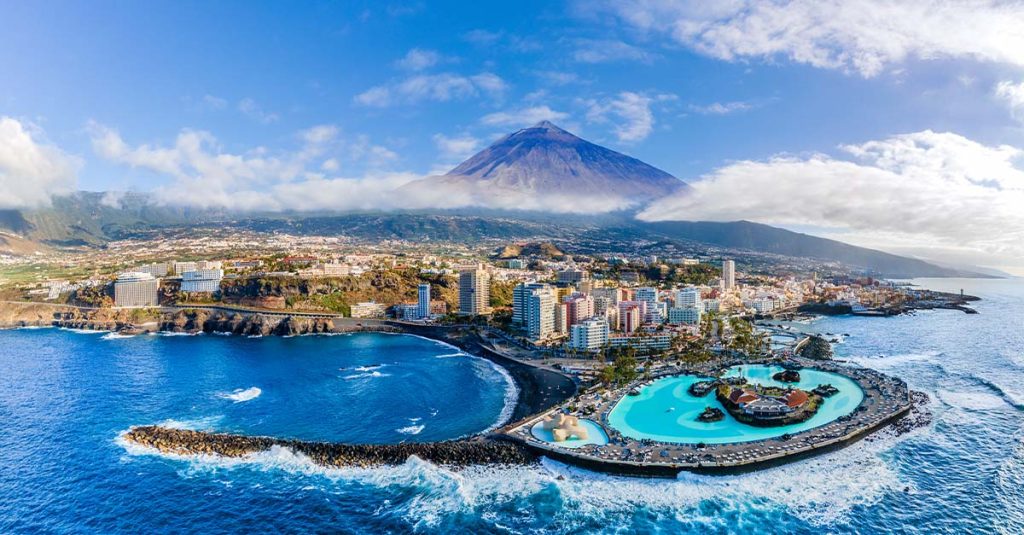Thousands in the Canary Islands have protested against the harm of mass tourism, particularly its effects on the environment and local housing.
- Protestors are advocating for the limitation of tourist numbers and restrictions on foreign property purchases to alleviate environmental strains.
- The tourism industry is significant, contributing 35% to the GDP and 40% of jobs, but locals stress that changes are necessary.
- Local authorities are under pressure to balance tourist inflow with the environmental and infrastructural capacity of the islands.
- The Canary Islands remain welcoming to tourists, yet there’s an urgent call for sustainable practices in the tourism sector.
In recent demonstrations throughout the Canary Islands, thousands have voiced their concerns over the adverse effects of mass tourism. Demonstrators have been calling for urgent measures to limit tourist numbers and curb the development that threatens local environments and living conditions. Placards with slogans like “People live here” underscore the urgent need for reform in the tourism industry.
A coalition of around two dozen environmental organisations orchestrated protests across various locations, including Tenerife’s capital and other Spanish cities, as the high tourism season approaches. They propose temporary restrictions on visitor numbers to ease the pressure on natural resources, infrastructures, and the islands’ housing market. Their demands include controlling foreign property acquisitions which have inflated local real estate prices.
The tourism sector, making up 35% of the Canary Islands’ economy, is indispensable, contributing significantly to employment. However, the numbers tell a concerning story; almost 14 million international tourists visited last year – a figure significantly higher than the islands’ 2.2 million resident population.
The environmental burden is becoming increasingly evident, with complaints that excessive tourist activity is exacerbating issues such as water shortages and untreated sewage disposal. Nestor Marrero from ATAN highlighted, “The number of tourists should be reduced. We should aim for higher-quality visitors who contribute to the local culture and economy.”
Despite these pressures, Canary Islands tourism minister Jessica de León has reassured that the islands are still eager to welcome visitors. She emphasised the safety and attractiveness of the destination while acknowledging the protestors’ housing concerns. In contrast, Canary Islands’ president Fernando Clavijo cautioned against extreme backlash, terming some responses as ‘tourist-phobia’.
Sustainable tourism practices are vital for preserving the environment and local communities in the Canary Islands, ensuring a balance between economic prosperity and ecological health.

